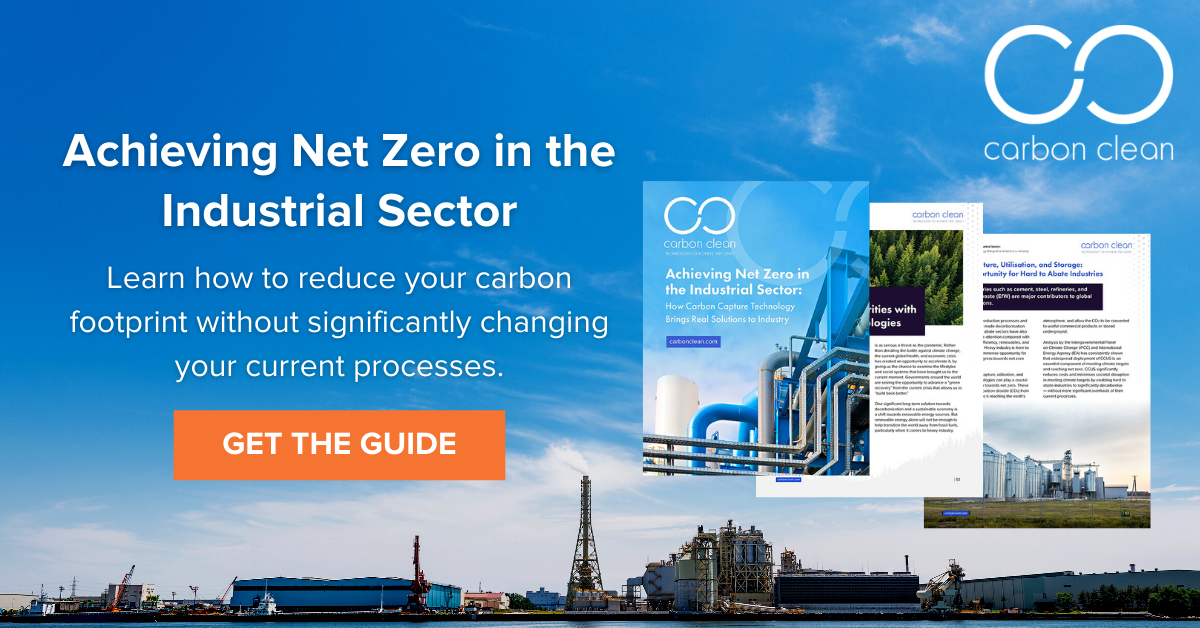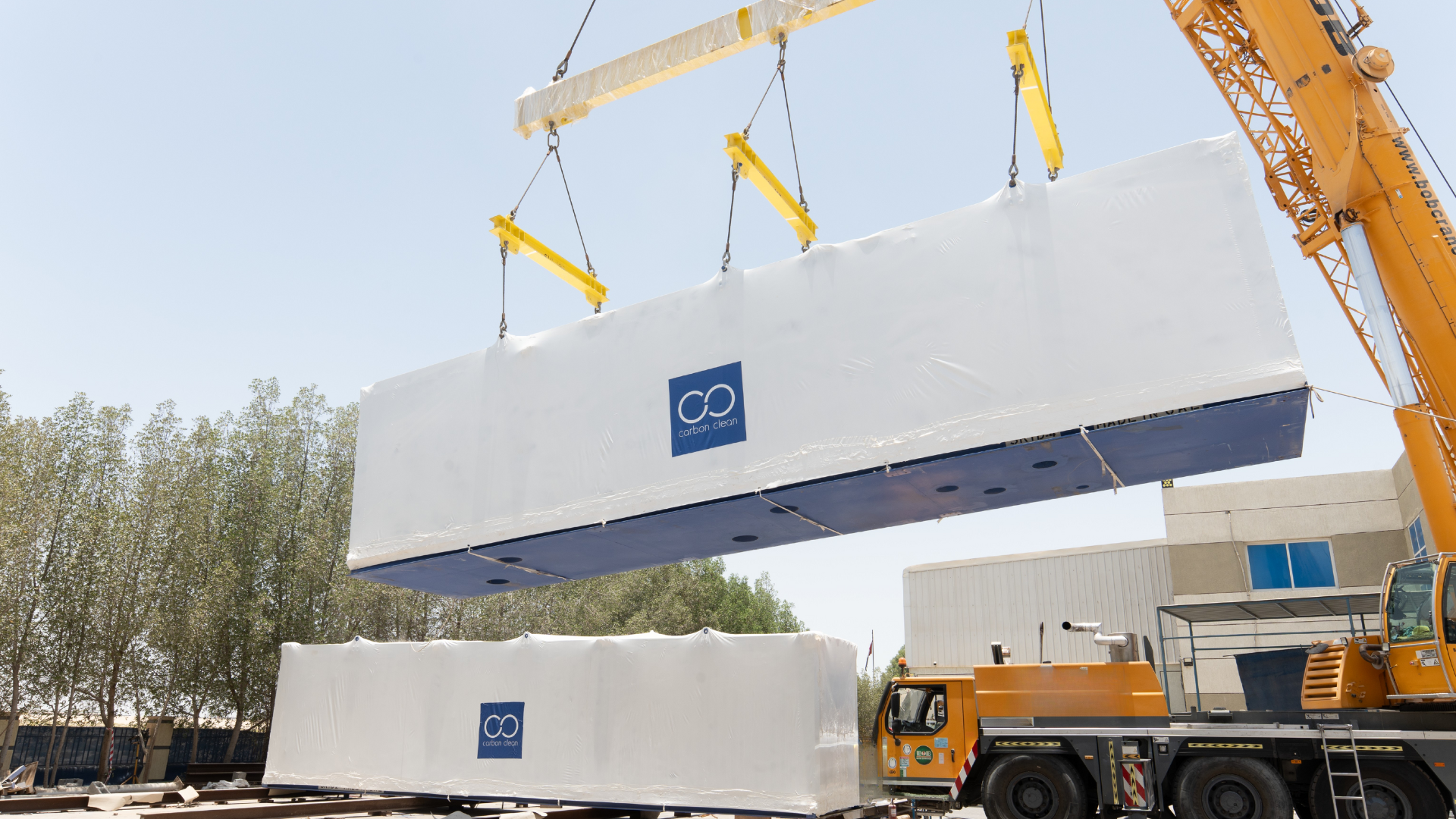How do are oil refinery emissions produced?
Oil refineries transform crude oil into various usable petroleum products such as diesel, gasoline, kerosene, jet fuel, liquified natural gas (LNG), heating oils, and more. These sprawling industrial complexes separate the hundreds of different hydrocarbon molecules within crude oil into components that are then sold to a variety of different customer segments, who use them as fuels, lubricants, and feedstocks in petrochemical manufacturing processes.
Refineries have several units that emit CO2, including steam methane reformers that produce hydrogen, catalytic crackers, and Combined Heat and Power (CHP) units. The emissions of an individual refinery depend on a number of factors, such as the configuration of the refinery, type of fuel used, and crudes processed. For instance, heavy sour crudes require more energy to process than light sweet crudes.
How much carbon is produced by the refinery process?
Refineries play a key role in the petroleum industry, connecting crude oil extraction to downstream segments. While the processes within refineries only contribute to around 5 to 10 percent of the total emissions resulting from oil products, the opportunities for reducing these are significant due to the nature of the processes used and the fact that these are large-scale fixed locations. This makes CCUS for refineries more practical than it would be in downstream applications, such as individual homes, vehicles, and businesses.
How does Carbon Clean technology work for oil refinery emissions?
Using our technology, you can capture up to 90%+ of carbon dioxide emitted from a refinery. And that’s a universal number you can apply to all sectors.
By integrating CCUS with other practices such as energy efficiency, using low-carbon oil, and tapping into renewable power generation, refineries can move towards net zero quickly, easily, and practically.
These measures can also become a key competitive differentiator for refineries as their customers have greater incentives to use low-carbon fuel.
Looking to learn more about how CCUS technologies can reduce oil refinery emissions? We want to speak to you about it! Click here to book an appointment with one of our specialists.




